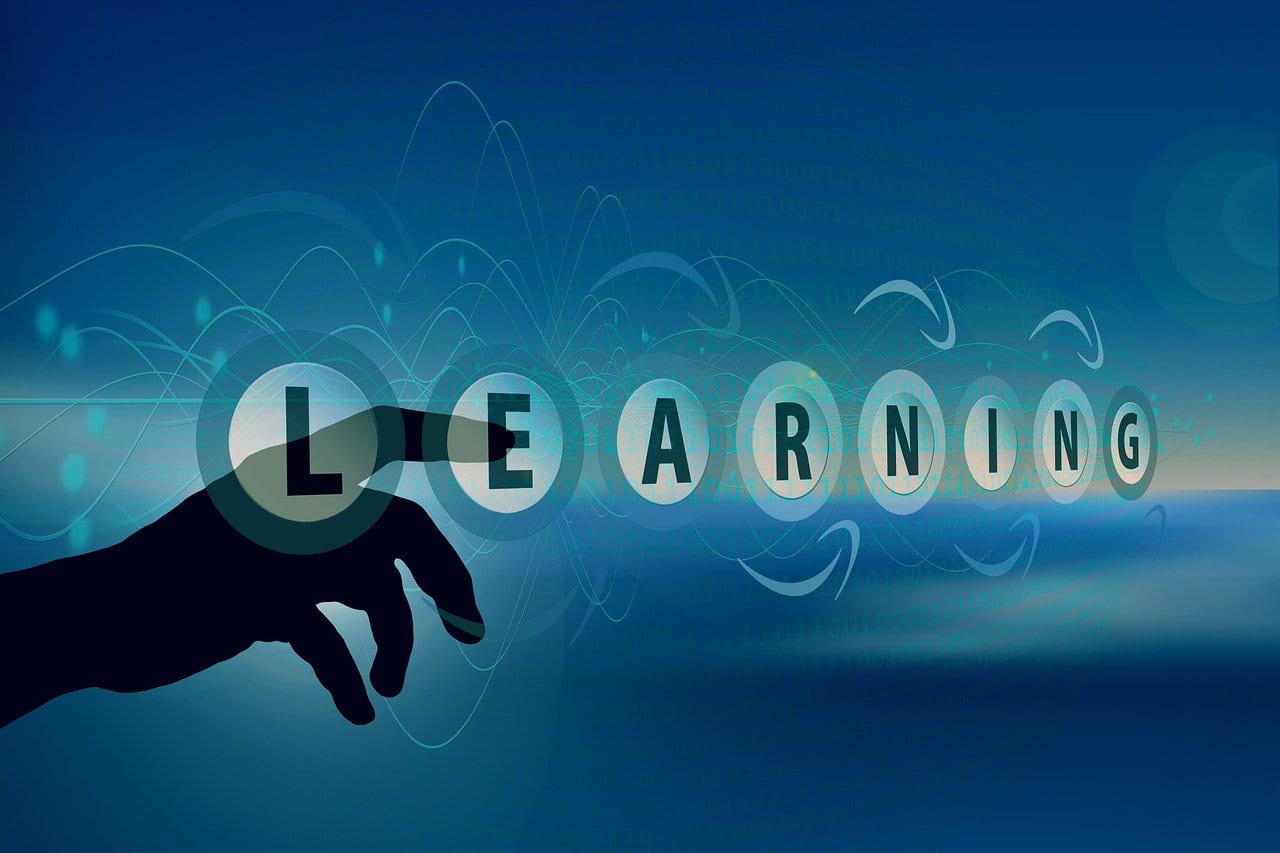By Valerie Grison-Alsop
We are facing a mental health crisis in the U.S., especially among young people. According to a 2024 report by Mental Health America, 20% of youth aged 12-17 report suffering from at least one major depressive episode, and 56% of them are not receiving mental health treatment. 2SLGBTQIA+ youth suffer even more while facing particular challenges, and are generally unsupported as they navigate them. According to the Trevor Project’s 2024 National Survey on LGBTQ+ Youth Mental Health, 39% of LGBTQ+ youth seriously considered attempting suicide in the past year. A staggering 12% of those surveyed actually attempted suicide.
Mental health struggles have far-reaching impacts on youth, directly affecting their school performance, attendance, and, ultimately, their career opportunities. Poor mental health and lack of support can lead to absenteeism and lower academic achievement, reducing the chances for young people to develop a fulfilling, stable career path. This direct connection underscores the importance of providing accessible, affirming mental health support for 2SLGBTQIA+ youth, ensuring they have the resources they need to thrive both personally and professionally.
At Give Us The Floor (GUTF), we help 2SLGBTQIA+ youth in distress navigate mental health challenges and break from social isolation through peer support group chats that provide a safe, non-judgmental space for youth to connect. Our approach is rooted in the belief expressed by Barbara B. Varenhorst, Ph.D., a pioneer in peer counseling and an early supporter of GUTF. She once said, “Youth have the power to make a real difference in the lives of people around them. When young people have troubles, frustrations, concerns, worries, or life events that affect them, they often turn to peers rather than adults for help.” This quote perfectly encapsulates the foundation of our program. By providing training to young 2SLGBTQIA+ facilitators who intimately understand these struggles, we create an environment where youth can guide their peers toward healthier emotional outcomes.
GUTF has proven impacts that show just how much peer support can change lives:
In addition to offering critical peer support, we have witnessed how our peer-led model provides essential skills that will serve the youth we serve well beyond their time in the program. GUTF plays a powerful role in preparing young people with the foundational skills needed to succeed in today’s workforce.
Our impact extends across two levels:
- Facilitators receive extensive training to lead group chats and practice leadership skills in a real-world setting with guidance and support from a team of highly skilled adults.
- Participants build resilience, self-worth, and communication skills that are critical in any career path.
Facilitators: Learning Leadership, Empathy, and Conflict Resolution
Youth facilitators are at the heart of GUTF’s community-led model. Through comprehensive training, these young peer leaders are prepared to manage group dynamics, support peers through dealing with emotional challenges, and foster an inclusive space where all voices are heard. This intensive training program equips facilitators with essential skills such as conflict resolution, empathy, and effective communication—skills that are invaluable for leadership roles in any professional setting.
We receive a lot of testimonials explaining how being a facilitator gives them invaluable leadership skills and how it shaped their career path. Here is one among many: one facilitator shared how their role at GUTF helped pave the way to their current position and has helped with their conflict management skills as a shift lead. “Working as a facilitator with GUTF has helped me learn how to better navigate conflicts ranging from mental health challenges to more physical issues, especially in group settings. I feel like the experience has helped grow my leadership skills in areas outside of GUTF.”
Another young leader shared that the experience helped them gain confidence in navigating challenging discussions: “My time facilitating a group chat for GUTF has led me to have a much easier time connecting with students and knowing how to deal with difficult conversations.” These real-world applications underscore the unique value of GUTF’s facilitator training as a preparation for future leaders.
Participants: Building Resilience, Self-Worth, and Foundational Workforce Skills
Beyond the facilitators, every participant at GUTF gains a critical set of soft skills essential for personal and professional growth. Our community creates a supportive environment that fosters resilience, boosts self-esteem, and helps young people develop healthy coping mechanisms. These foundational strengths may not seem as formal as the facilitator training, but they are vital in today’s job market, where emotional intelligence, adaptability, and resilience are highly valued and critical to navigating work relationships.
For many participants, GUTF has been a stepping stone to greater self-awareness and motivation. One participant shared, “GUTF helped me realize that I want to study psychology in college because I want to spend my life helping people realize their true worth and supporting them through hardship.” Building this kind of purpose and direction is essential for long-term career success, as it reinforces a sense of capability and motivation to pursue meaningful work.
Resilience, in particular, is a key focus at GUTF. By navigating challenges within a supportive community, participants learn to adapt, recover from setbacks, and build confidence—qualities that employers increasingly seek. One participant expressed that their experience with GUTF “helped me with my confidence, which I’ve used to get a job in marketing.”
A Comprehensive Approach to Workforce Readiness
Together, our facilitators and participants demonstrate the full impact of GUTF’s model. Facilitators, trained in leadership and equipped with hands-on experience, emerge with a deep skill set that readies them for roles in mental health, social work, and other people-focused careers. Participants gain resilience, self-esteem, and a stronger sense of purpose, setting them up for success in any career path they choose.
At GUTF, we are proud to support this unique model of skill-building, equipping 2SLGBTQIA+ youth in distress, not just for today but for the careers and challenges they’ll face tomorrow. Between the extensive training our facilitators receive and the resilience-building support offered to participants, we create an environment where every young person who struggles can gain the skills they need to thrive. Our hope is that every GUTF participant, whether a facilitator or community member, leaves with the tools to succeed in both life and work.
Since we launched our program, we have proudly empowered over 14,000 2SLGBTQIA+ youth to take charge of their lives and futures. Our mission is to continue building pathways to confidence, resilience, and career readiness—ensuring that every young person in our community is supported and equipped for a bright future.
Valerie Grison-Alsop is the CEO and Founder of Give Us The Floor
The post Creating Pathways to Confidence and Careers: The Impact of Peer Support on LGBTQIA+ Youth appeared first on Getting Smart.
Peer support at Give Us The Floor empowers 2SLGBTQIA+ youth, fostering mental health, resilience, and career skills through community-led models.
The post Creating Pathways to Confidence and Careers: The Impact of Peer Support on LGBTQIA+ Youth appeared first on Getting Smart. Equity & Access, SEL & Mindset, 21st century skills, mental health, Social-Emotional Learning Getting Smart





